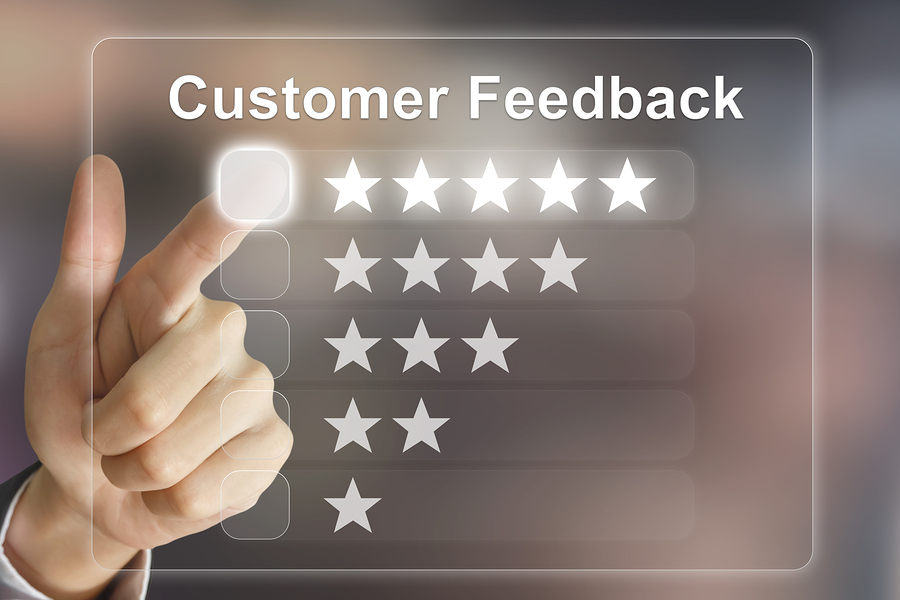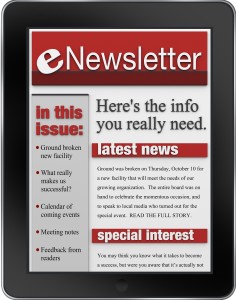 As I’ve shared in previous posts, the value of social proof — referrals, recommendations, and client testimonials — cannot be underestimated.
As I’ve shared in previous posts, the value of social proof — referrals, recommendations, and client testimonials — cannot be underestimated.
Similar to how frequent, quality content enhances your website pages, social proof enhances your professional credibility. When readers learn from the comments from other people about your business, they become your most persuasive sales people. Comments from others are such strong persuasion triggers, you shouldn’t limit them to just a page, but have them scattered throughout your web pages, blog, and social media profiles, such as LinkedIn.
With over 350 million members, and over 1 million members publishing blog posts on LinkedIn, you’re likely to encounter a few colleagues you know. So make sure you take the time to recommend and endorse them. Your recommendation or endorsement on LinkedIn is social proof for a other people; it signals that the person is qualified and recognized as a valued colleague. Read More→











